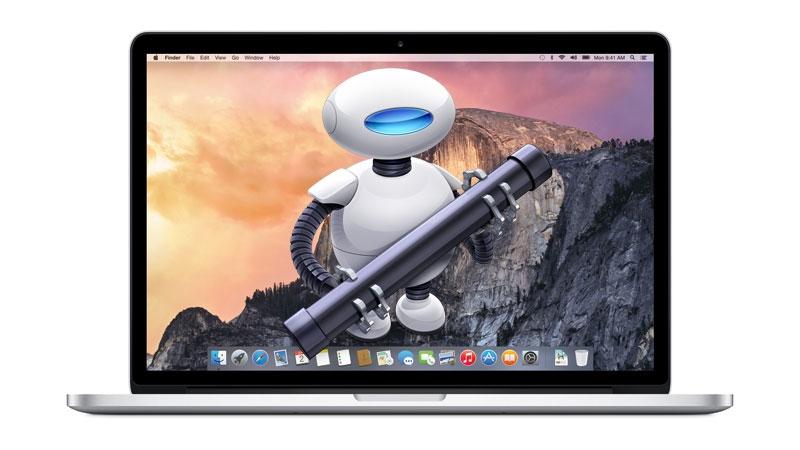Many of the big platforms and apps we use every day offer the ability to sign up or log in quickly. Speeding up login through your Google, Facebook or other account allows you to access content or apps without going through the boring registration form, and avoids having to invent a new password. However, this is not a good practice to keep your security safe.
From digital newspapers to social networks, through rental platforms and all kinds of services, many websites allow you to register quickly through authentication using other accounts.
For example, you can log in to Reddit with your Apple or Google account, or enter the newspaper El País with Facebook or Google. With options of this type, you can skip the cumbersome process of entering your email, name or password information every time you create a new account on a platform.
Since creating new passwords is boring, and we are tired of manually entering all our data every time we want to access a website, it is common for us to use these methods to save time. However, there are several reasons why doing these processes manually or using a password manager is more advisable. We also explain how to review the access you have granted to other applications to check that there are no unknown apps in the list.
Control data traffic
And no, it is not just a question of security against possible hacks. Obviously, it will not be common for an attack on one of these apps to compromise our Google or Apple accounts, given the great security systems that these companies have designed precisely to prevent this from happening.

However, although the password for, for example, our Google account (if it is the one we use most to log in) is not in direct danger, other private data is at risk of ending up being recorded and shared with others. Often the platforms we want to enter request more data than necessary, which they can then use to obtain financial gain through advertising, etc. We review all the drawbacks below.
Disadvantages of using quick login
Connecting your personal Google, Facebook or Apple account to log in to another platform can give both parties access to data about your online activity, compromising your privacy. Little data is enough to begin generating a profile of interests or preferences about a person. “Google and the third party can share data as long as you have an active link between your Google account and your third-party account,” the company indicates in this regard, adding that, even if we delete the link later, “the data that has previously been shared “They will not be affected.”
Plus, with the “log in with” method you end up using the same password for everything. Using a password manager that automatically generates new passwords also makes our lives easier, and is considered a more secure practice. Of course, some websites require you to create a specific password despite using this method.

In this way, using the connection between accounts to access services more quickly mainly carries the risk of data being shared that is then used for advertising purposes. Although, in favor of this method, it can be argued that the strong security of Google and Apple, which often includes two-factor authentication for login, provides a reliable method against hackers.
On the other hand, there is also the inconvenience that, if for some reason you lose access to the account with which you have logged in, you will also lose access to that platform or social network on which you were using it.
Check your connected accounts
In any case, it is useful to review the account pages connected to your Google, Facebook or Apple ID profile, to check if there are still links to applications that we no longer use. The ideal would be to have as few connections as possible, just in case. We also have to worry that the applications in which we use quick login are reliable and well-known.
To review connections to your Google account, you can click this link. There you can see all the third-party apps and services that have access to your Google data. By reviewing each of them, you can check if Google’s multi-account protection is active with it (a phrase will appear under its name if it is). Google itself warns in each app that, by using the login, you share “sensitive information” with the service.

You can do the same on Facebook by following this route. Sign in and tap your profile photo icon in the top right corner > Settings & privacy > Settings > Apps & websites. In this section, where you can deactivate the link between accounts, Facebook explains that your profile data configured as public may be accessed by these applications.

They will also be able to access non-public information if you have granted them access when establishing the connection, and as with Google, even if you deactivate the connection with an app, it “could continue to retain non-public data that you shared with it when it was active ». On the other hand, you can check the “Business integrations” section, where you will also see if there are accounts linked to professional services that you have used, such as WordPress Jetpack.
Finally, we can also review the apps connected to our Apple ID. To do so, you have to go to login portal from Apple > Sign in > Sign in & security in the left sidebar > Sign in with Apple.

Apple, for example, uses a feature where the user can use a different automatically generated email to log in, offering an additional layer of security. “Signing in with Apple won’t track or profile you while you use your favorite apps and websites,” they assure from the company about this tool.















